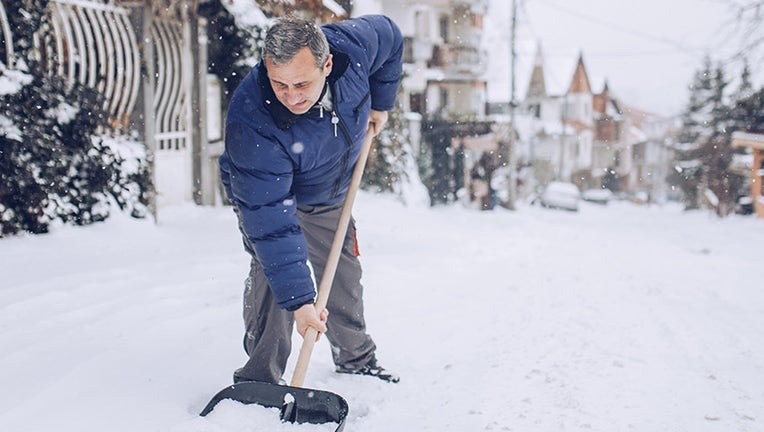Tips to Keep Your Heart Healthy During the Winter
This content is from our sponsor. The FOX editorial team was not involved with the creation of this content.


People often view cold and flu, slips and falls and hypothermia as the main winter health hazards. But your heart could also be at risk. Did you know that heart attacks are more common during the winter months?
A heart attack occurs when there’s a sudden obstruction of blood flow to the heart muscle – typically a blood clot or plaque formation in the arteries. This causes the heart muscle to become weak and dysfunctional and over time, it will begin to die.
There are several factors that put people at a higher risk for having a heart attack. These include having a family history of heart disease, high blood pressure or high cholesterol, diabetes and smoking. It’s important to keep in mind that the more of these risk factors that you have, the greater your risk of having a heart attack.
There are a few theories as to why heart attacks are more common during the cold weather months. The first is biological. Because cold temperatures cause blood vessels to constrict, blood pressure increases. This may worsen chest pain and also increases risk for a heart attack. The second is lifestyle. During the winter months, people often find themselves doing more strenuous activities such as shoveling snow and walking through heavy snow or over ice. Thirdly, there is an emotional factor. People are more likely to experience depression and stress during the months of the year when there is less daylight.
Fortunately, there are steps you can take to help keep your heart healthy during the winter months.
- Avoid spending long periods of time outside in the cold. Come inside for regular breaks to warm up.
- Dress for the weather and make sure you’re bundling up with a warm coat, scarf, hat and gloves. Winter socks and insulated boots with good traction on the bottom can also keep your feet warm and help you avoid slipping on icy surfaces.
- Take breaks when shoveling. If you’re not normally physically active, you may want to check in with your personal doctor to see if it’s safe for you to shovel.
- Avoid excess alcohol as it can trick you into feeling warmer.
- Don’t delay seeking help if you experience any heart attack symptoms, which may include chest pain or pressure; jaw, arm, neck or back pain; profuse sweating; shortness of breath; feeling like your heart is racing or pounding; weakness or feeling lightheaded; unusual fatigue; or nausea or vomiting.
Network Health’s member wellness programs provide incentives for people to get healthier. We provide gift cards that reward people for taking steps to improve their overall health. We can also help people connect with a personal doctor so they can learn about their heart numbers and develop a plan to stay healthier over time. Learn more at networkhealth.com.
This content is from our sponsor. The FOX editorial team was not involved with the creation of this content.

